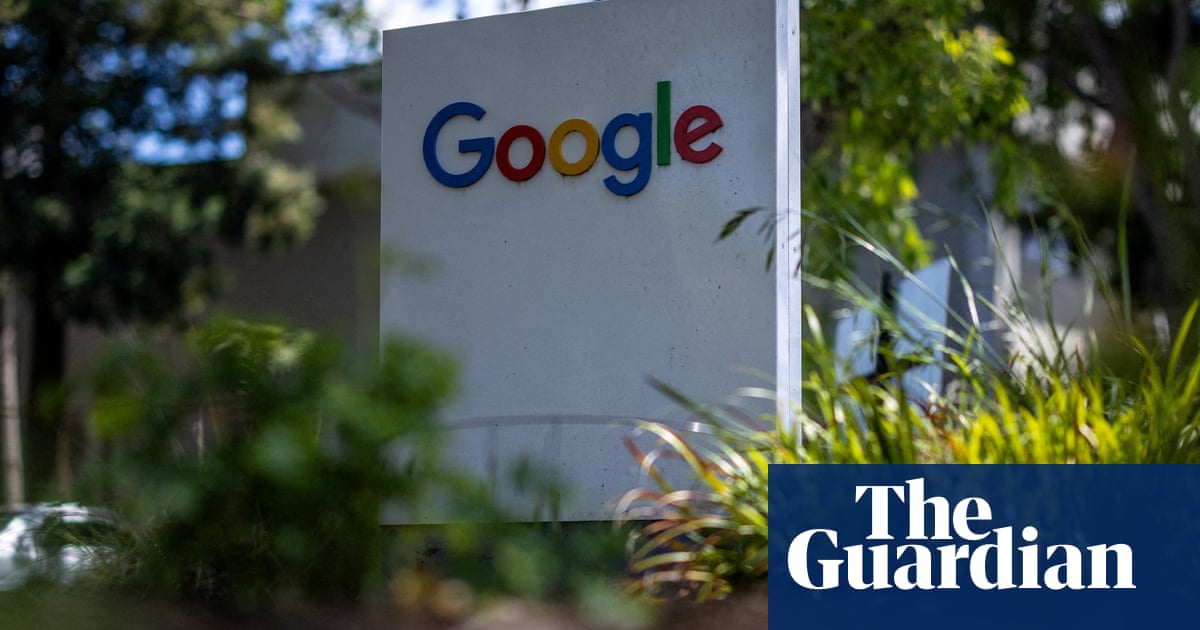We used to assume that when a startup purchased another startup, it was probably a small acquisition.
That’s no longer the case. As the ranks of ultra-heavily funded unicorns swell, they’re showing greater willingness to spend large sums to buy complementary startups.
These big outlays, sometimes in the hundreds of millions, come amid a busy period for startup-to-startup dealmaking. Over the past year, at least 423 U.S. venture- or seed-backed companies have sold to other private, VC-funded companies, per Crunchbase data.
Of those, only a couple dozen purchases had disclosed prices. Those that did, however, included some very sizable deals, valued altogether at more than $6.3 billion.
For a sense of where the money is going, below we curated a list of the 12 largest disclosed-price startup-to-startup acquisitions of the past year.
Biggest spenders
By far the largest purchase this past year came from Stripe, one of the busiest and most deep-pocketed acquirers in all of startupland. Last October, the South San Francisco-based payments technology provider agreed to buy fintech startup Bridge for $1.1 billion.
So far, 2025 is off to a brisk start as well. Just last week, spatial computing and AI unicorn Infinite Reality acquired agentic AI company Touchcast for $500 million in cash and stock. And in January, New York-based e-commerce technology unicorn Rokt paid $300 million for customer data platform mParticle.
As you might suspect, the unicorns spending the most on startup M&A are a well-capitalized bunch. Stripe has raised $9.4 billion in funding to date, while Infinite Reality has secured $3.4 billion.
Other serial acquirers that don’t habitually disclose purchase prices are also capable of writing really large checks. This includes OpenAI, recipient of the largest funding round in venture history, which has made three acquisitions in the past two years, per Crunchbase data.
Most-active buyers
In addition to spending a lot of money, some startups also do a lot of deals.
For more mature unicorns, in particular, it’s not uncommon to see multiple acquisitions to date. Some of the busiest have 10 or more.
Using Crunchbase data, we put together a data dive into some of the most active serial acquirers, with an emphasis on those who have recently consummated purchases. Standouts include:
Databricks: Over the past five years, Databricks has acquired at least 11 companies. Of those deals, the largest was its $1.3 billion purchase in 2023 of MosaicML.
Automattic: Online publishing platform Automattic has 29 acquisitions under its belt, of which four closed in the past two years. Of those, the biggest was its $125 million acquisition of chat app Beeper a year ago.
Stripe: Payments unicorn Stripe has bought 16 companies over the past 13 years. However, it only disclosed a purchase price on two of those deals, Bridge and Paystack, which it bought for $200 million in 2020.
Infinite Reality: Six-year-old Infinite Reality has a taste for M&A. It’s made 10 acquisitions to date, including seven in the past year. Five of its acquisitions have disclosed purchase prices of $100 million or more.
GrubMarket: San Francisco-headquartered GrubMarket, a unicorn focused on the food supply chain, has also been a busy buyer. It’s carried out 54 acquisitions to date, including many regional produce distributors and several software companies. One of the more high-profile deals was last year’s purchase of Good Eggs, a meal kit startup that previously raised over $200 million in venture funding.
Scopely: Game publisher Scopely, which is itself owned by Savvy Games Group, is another active acquirer. Last month, it agreed to pay $3.5 billion for Niantic’s game business. To date, Scopely has made at least 11 known acquisitions.
Epic Games: Carey, North Carolina-based Epic hasn’t been a particularly active acquirer of late, but it has done a lot of buying over the years, with 20 acquisitions to date. The most recent deal was an April acquisition of Loci, a seed-stage startup focused on AI technology for 3D content.
An expected evolution
These days, there are quite a few mature, high-valuation venture-backed companies that have chosen to stay private. Given their ample capital reserves and appetite for growth, it’s not surprising to see them showing a taste for M&A.
With public markets in correction territory, and so many leading tech stocks down sharply in recent weeks, we could even envision private companies taking a larger role in startup M&A going forward. Given that unicorns rarely disclose how much they pay for an acquisition, however, it’ll be unclear what caliber of exits they’re providing.
Related Crunchbase Pro lists:
Related reading:
Illustration: Dom Guzman
Stay up to date with recent funding rounds, acquisitions, and more with the
Crunchbase Daily.











